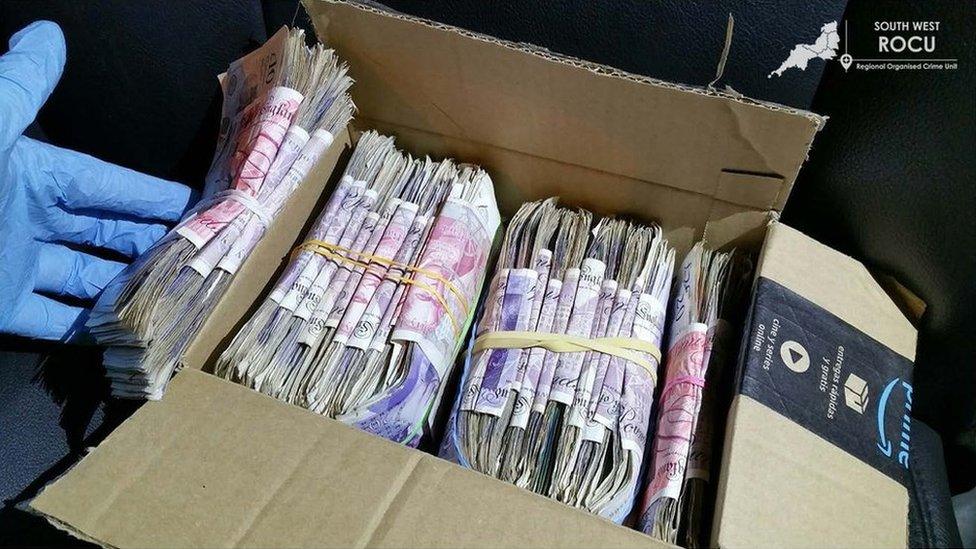County lines drugs gangs threat prompts university to act
- Published
Student life: 'More people know how to get drugs'
The possibility of county lines gangs infiltrating universities has become a "genuine consideration", according to one head of student services.
It comes after three incidents in Bangor, where suspected dealers claimed to be students when challenged, despite no connections to Bangor University.
One man has been jailed after being found with drugs in a Kinder egg.
Swansea University has changed its student policy to incorporate the potential threat from such gangs.
"The information we get is that county lines have so much money that they can afford the false IDs and false backgrounds," said Kevin Child, the university's director of student services.
"There's no real way we could check people in that kind of depth. So what we're doing is training people to look out for the signs."
What is "county lines"?
Staff at halls of residence are being taught to recognise potential indicators, such as students with new visitors "turning up all times of day and night," or students who were "never seen within their flat", despite having a room there.
In Bangor, Insp Jon Aspinall, from North Wales Police, arrested Dean McFadden, 26, a county lines dealer from Liverpool, who tried to claim he was a student, external when stopped close to a university building.
"I asked a few quick fire questions with regards to why he was there, what course he was studying. He actually mentioned a course that they didn't have at the university so it obviously raised my suspicions," said Insp Aspinall.
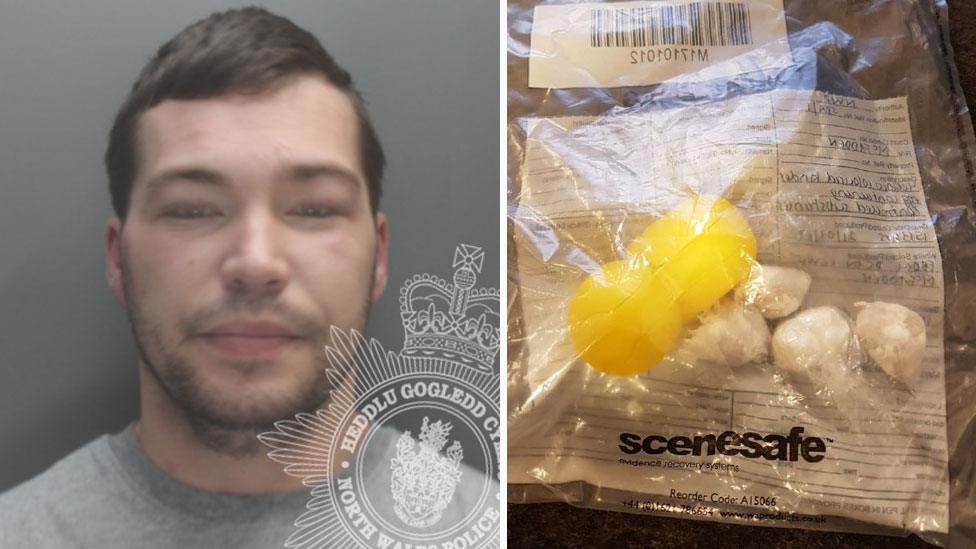
Dean McFadden was jailed last month for drugs offences
McFadden, who was found to be carrying about £900 in heroin and crack cocaine, was jailed for three years and four months last month.
"We've developed a really good communication line so that if we do stop people like that we can quickly understand whether they are students or not," said the inspector.
At Swansea University, staff have also been working closely with police, according to Mr Child,
"Students are an experimental part of the population by nature," he said.
"So that would immediately lead to people who wanted to get involved or deal drugs perhaps thinking that's a population that might be interested.
"The areas around universities are usually quite densely populated with student accommodation, houses of multiple occupancy, private student builds, so there is an easy geographical area to target, I suppose, with a potential market for that."
A South Wales Police spokesperson said enrolling on university courses in order to facilitate county lines drug dealing was a recognised method used by gangs across the country.
However, "intelligence does not suggest this is a particular problem in south Wales at present".
"Despite this, we know that drugs gangs regularly change the ways in which they operate in order to evade detection by law enforcement, and therefore we are never complacent," they said.
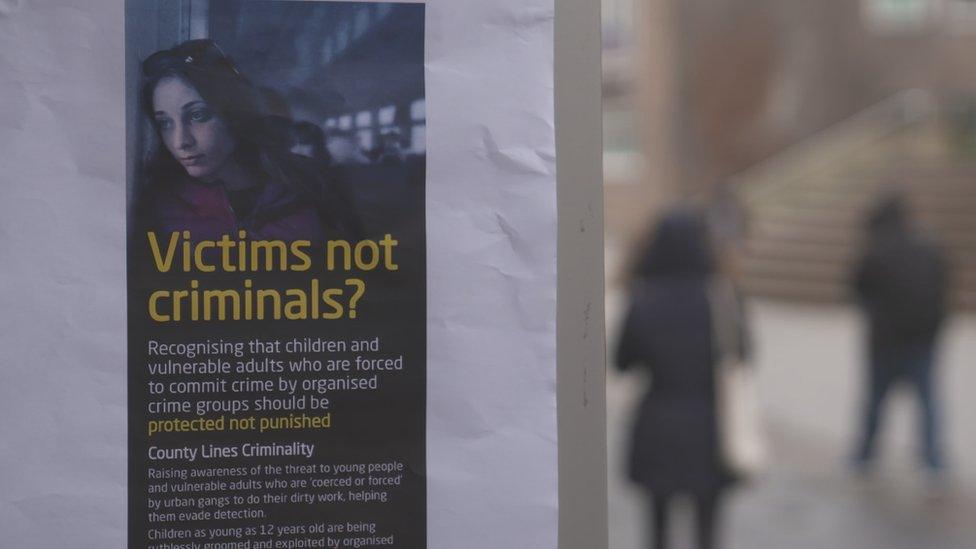
Posters are warning people about how county lines gangs target people
Brittany, 21, a master's student at a university in Swansea, said a man introduced himself and was "quite keen for me to add him on Snapchat - supposedly because he was new to Swansea and he wanted friends in the area".
"If you added him on Snapchat, which me and my friends did because we were quite sociable, then you got invited to a pub quiz.
"At the pub quiz he was asking leading questions to see how interested you were in taking drugs.
"He then invited you to a house party and I'm told there was a wide selection of drugs there."
Poppy, 20, a first year student at a university in Cardiff, said she received a message via social media site Snapchat from someone offering to supply drugs.
"They were sending me videos of what they sold, some of their stock - and videos of when they got fresh stock in," she said.
You can see more on BBC Wales Live on the BBC iPlayer
- Published11 February 2020
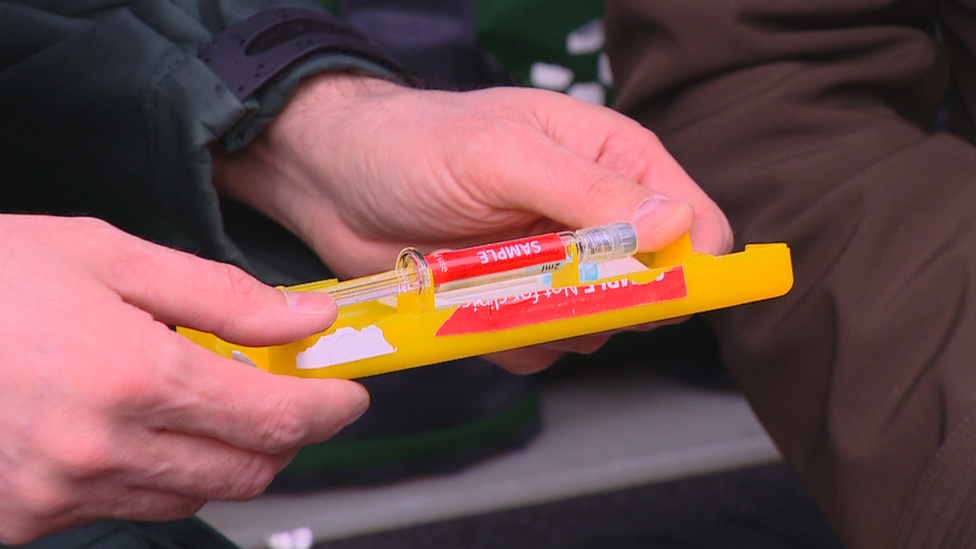
- Published31 January 2020
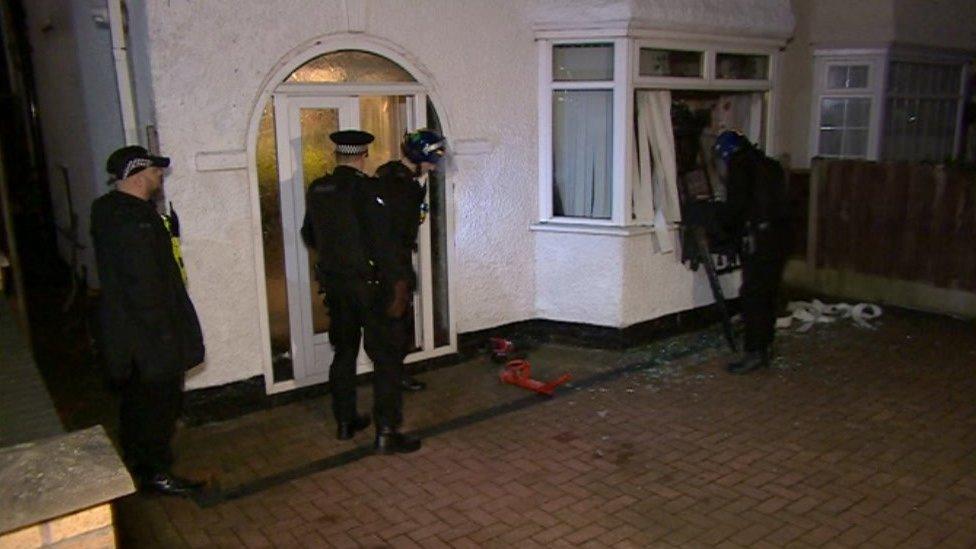
- Published24 January 2020
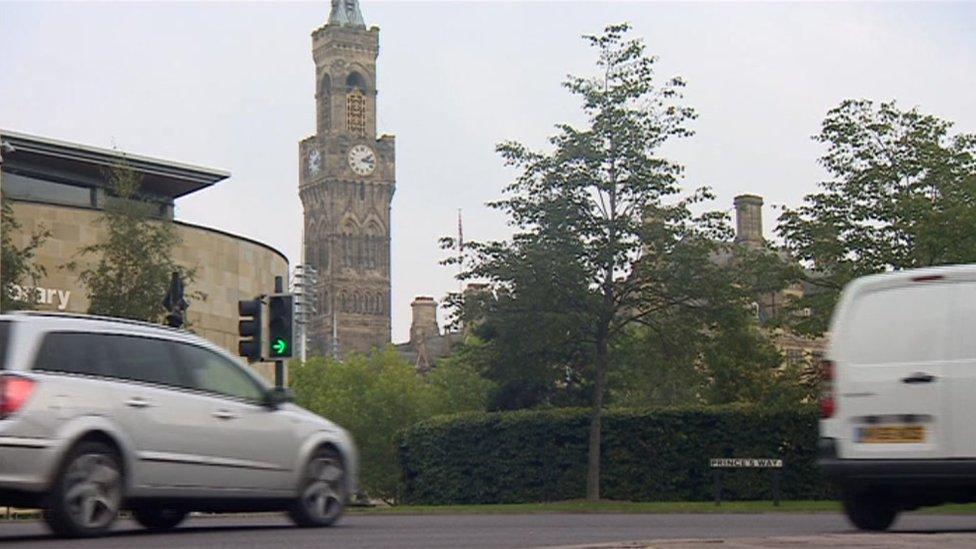
- Published20 January 2020
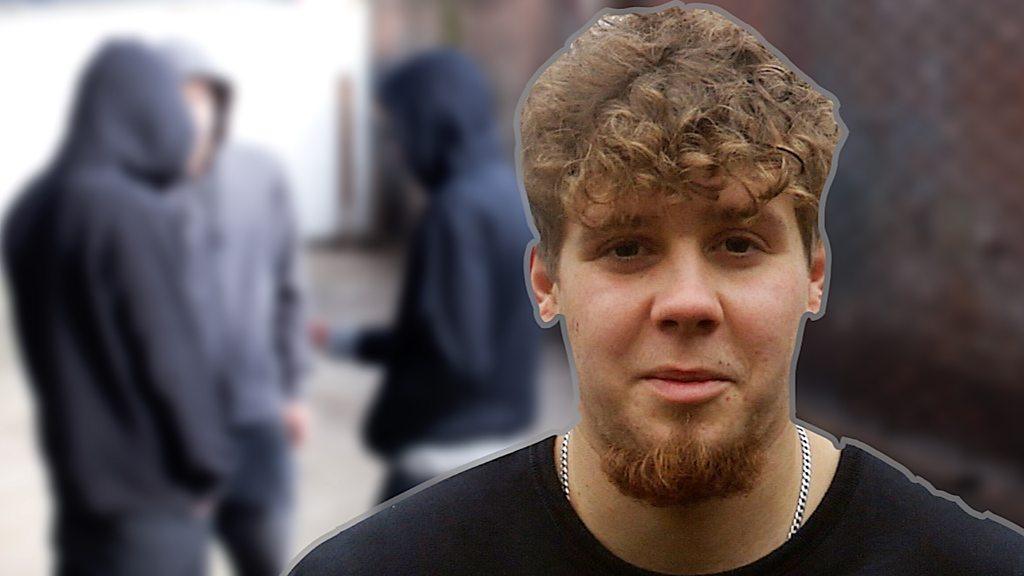
- Published13 January 2020
